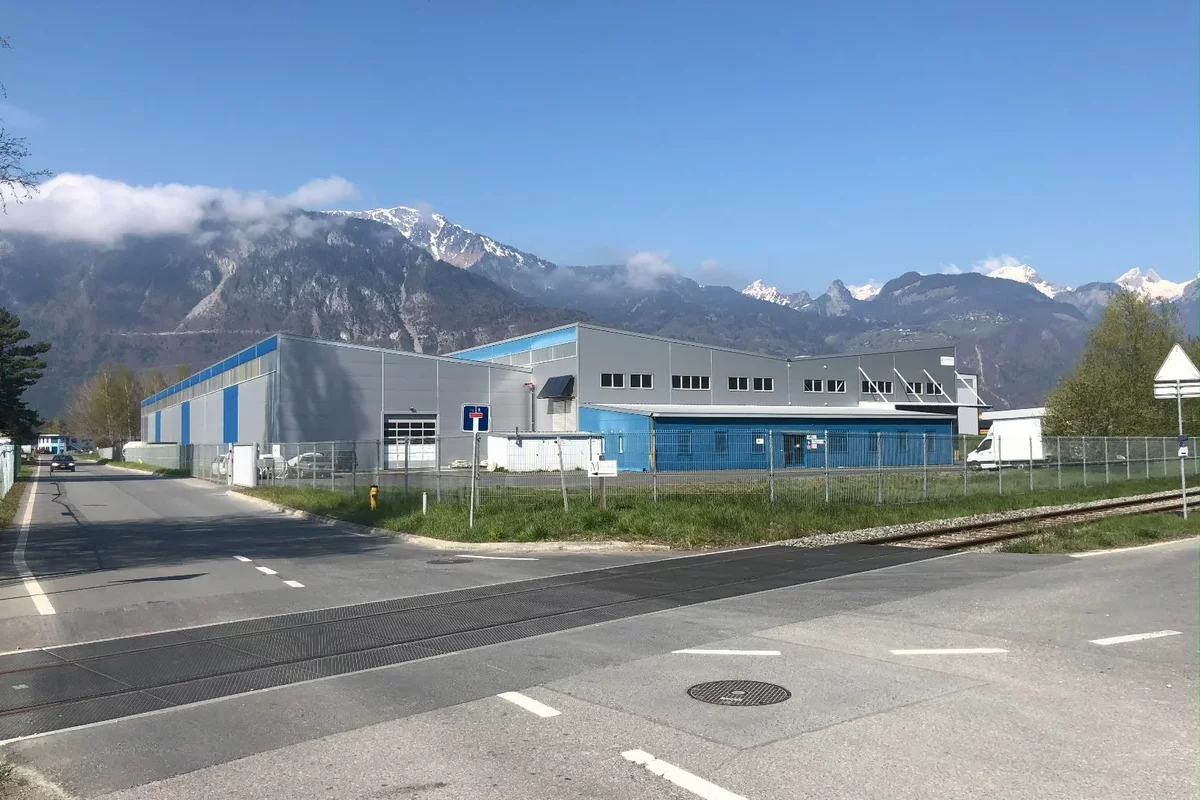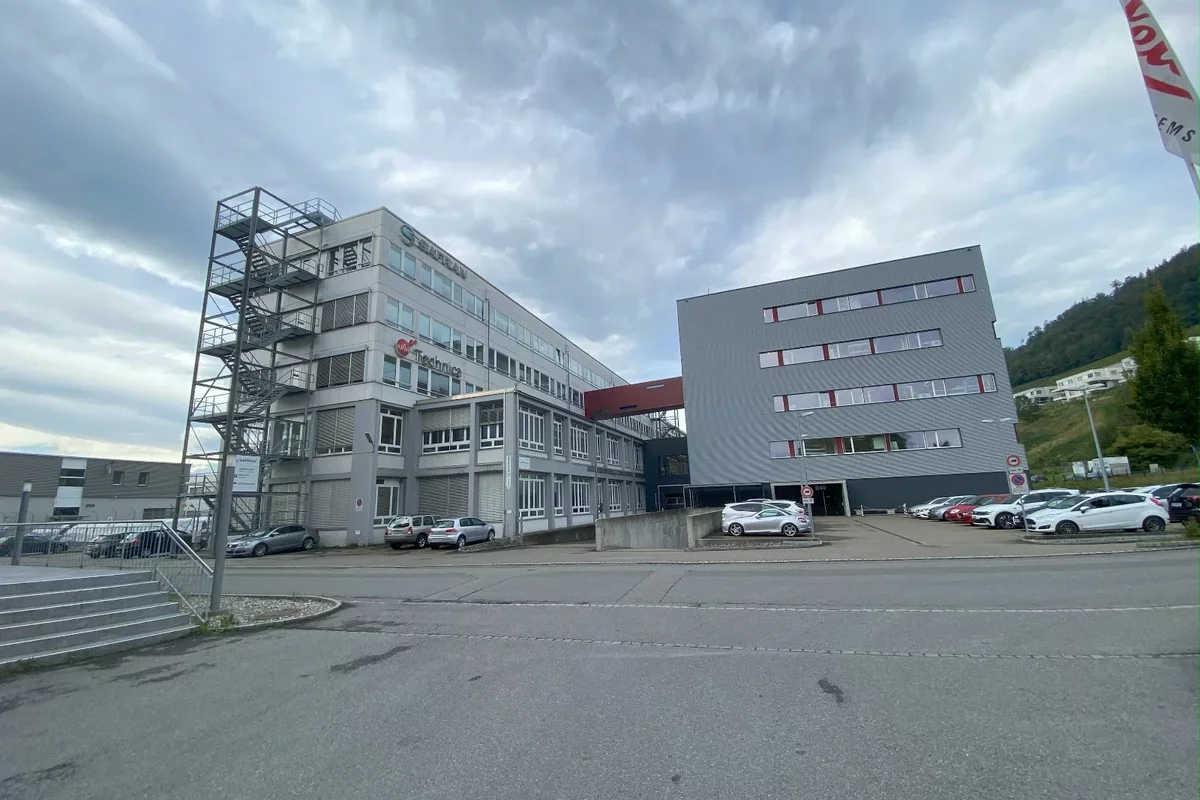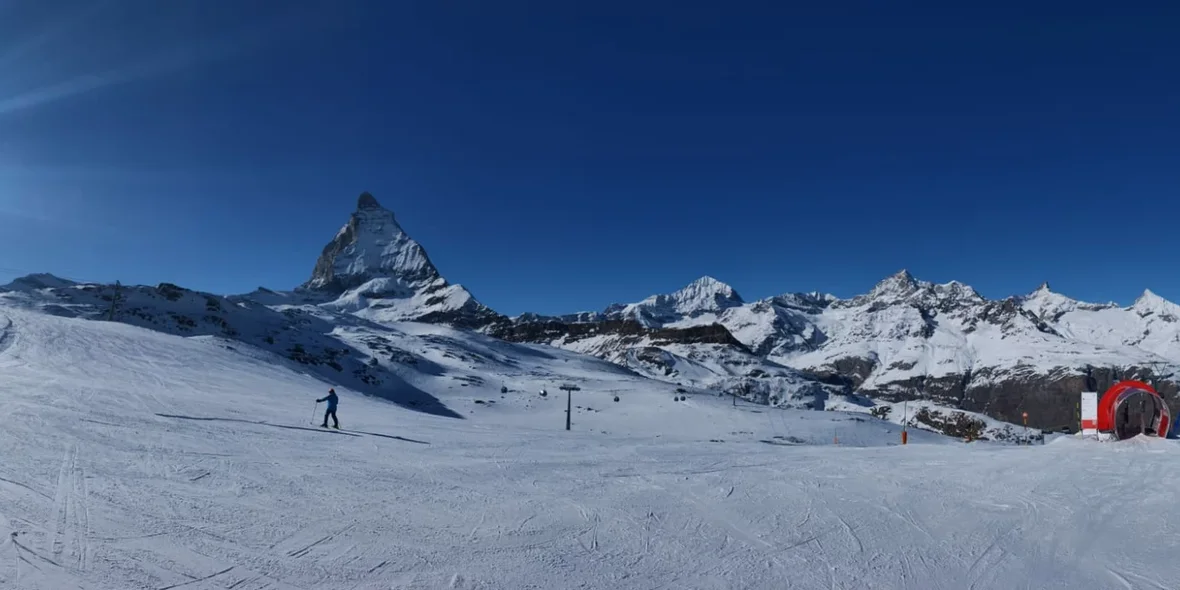
“There is a “square” for €15,000.” Expert about the real estate market in Switzerland
Under what conditions can foreigners buy real estate in Switzerland? How much can I buy and rent an apartment in Switzerland right now? In which cantons can I find inexpensive real estate? What about real estate taxes and mortgage interest rates? Oleg Sharonov, Managing Director and Founder of FFinvestment SA, an investment advisory company in Switzerland, shared his market expertise and forecasts with us.
Features of the local market and restrictions for foreigners
 — The real estate market in Switzerland is not very large: the country is home to approximately 8 million people. The economic capital of the country is Zurich, followed by Geneva, Bern, Basel, and Lausanne in terms of economic activity. These cities determine the entire economy of Switzerland and are home to the largest number of people (however, each of these cities does not have even a million people).
— The real estate market in Switzerland is not very large: the country is home to approximately 8 million people. The economic capital of the country is Zurich, followed by Geneva, Bern, Basel, and Lausanne in terms of economic activity. These cities determine the entire economy of Switzerland and are home to the largest number of people (however, each of these cities does not have even a million people).
The Swiss real estate market itself is divided into two parts: residential and commercial. I divide them in such a way because the commercial units can be bought and rented by foreigners without restrictions, while the residential units are prohibited for sale to foreigners in most areas of Switzerland. So says the law “Lex Friedrich”, which was adopted in 1983. It does not allow foreign buyers to invest in residential real estate in areas where there is no quota. Quotas are mainly in tourist regions, which include mountain resorts, the famous city of Montreux with small communities around it, the whole area of the Italian province of Ticino with the capital of Lugano, and a number of other individual places.
It is important to note that even buying through a company whose founders are foreign investors does not allow you to circumvent the law. Yes, in the past, there was a widespread practice of so-called gray purchases, when the Swiss themselves bought real estate, receiving money from foreigners in some illegal form. But it must be understood that such a purchase is 1) illegal and 2) does not protect the investor, as he is not a de jure owner. That is, he can live in the apartment, but on paper, a Swiss citizen still owns it.
Who can invest in real estate in Switzerland without restrictions, in addition to local residents?
- EU citizens with a residence permit in category B.
- Third-country nationals with a residence permit category C (issued after 10 years of residence in Switzerland).
- There are also exceptions to the purchase of residential property for foreigners with permits in category B, but only if this property is purchased as the primary residence.
Who invests in resort regions, and what about mortgages?
— So, in the resort areas, foreigners buy housing, mainly for recreation. As income, such investments should not be considered for one simple reason: the yield in the resort areas can and will cover all the costs of real estate, but at best, it will bring you 1.5–2% per annum (with a successful purchase and successful rental).
Moreover, a residential property that is bought by a foreigner in Switzerland can be rented for a maximum of 11 months a year. That is, a foreigner cannot rent an apartment in a mountain resort on a year-round basis and is forced to look for some workarounds—again, legally doing so will not work.
So for foreigners who want to make money, the best option is commercial real estate. In the cities, you can now find options with good locations and tenants that bring a yield of 4–4.5%. You can only count on higher profits in the regions.
— As we have already found out, the main buyers of residential real estate in resort areas are still those who want to come here and use this housing for their own purposes, coming to ski in the winter or spend the summer months in the mountains. Among these foreigners are Belgians, many British, French, Germans, and Italians. The number of buyers of resort real estate from Russia since 2014 has decreased dramatically; in recent years, the Russians, on the other hand, have sold their objects very often—even at a discount. Plus, previously, Russians could take a mortgage in Switzerland, but now banks are asking to close it. Accordingly, if the buyer does not have a residence permit, the only option is to sell.
I note that all other foreigners in Switzerland can take out a mortgage. But banks want to see customers with large deposits—from 500,000 to 1,000,000 francs or euros—to consider granting loans. That is, the 20-year boom in lending, which was observed from 1997 to 2017, has passed. Back then, loans were hardly ever checked and were unsecured.
Mortgage rates in Switzerland have now gone up, as they have all over Europe. Whereas previously you could take out a mortgage at 0.85% or 0.90%, now mortgage rates are approaching 3%. And this, of course, puts a lot of pressure on the market. So far, there has been no ejection of objects (nor will there be a mass one, I think), but, nevertheless, some interesting objects will enter the market, possibly with big discounts.
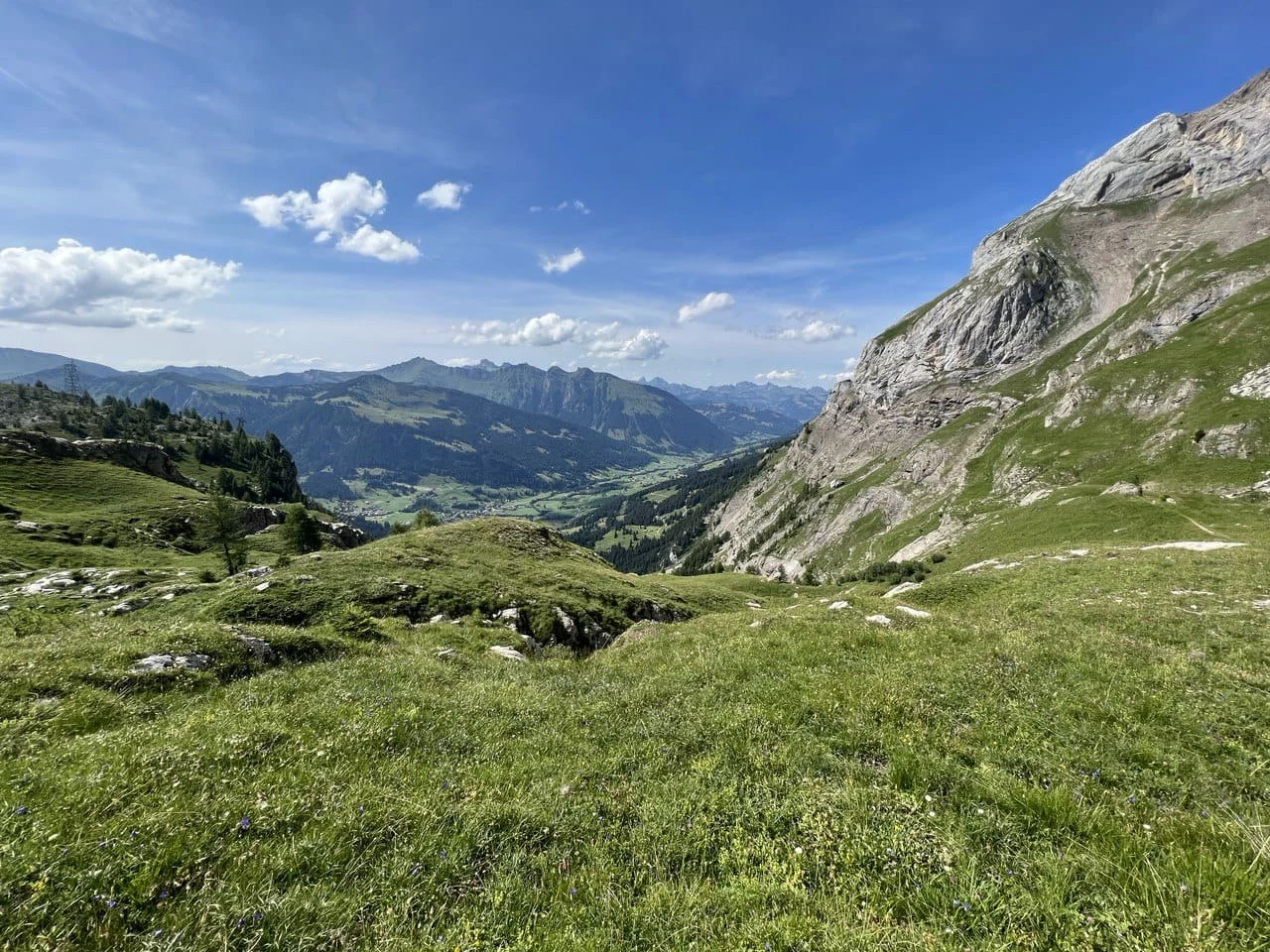
About prices and “depressed” regions
— In recent years, Swiss real estate prices have been fairly steady, with an increase of no more than 1–1.5% per year. It is clear that there are speculative regions, but on average, the situation in the country is stable.
Find an object in Switzerland within any budget that would meet your needs—it's hard enough work. The cost per square meter in Geneva and Zurich, for example, can go up to 15,000 francs or euros and above, and some high-end facilities are sold for 30,000 francs per square meter. These are cities where properties are almost always liquid, with a few exceptions (either when the property is overvalued or when it is in a bad area).
By the way, according to estimates by UBS and Credit Suisse, the real estate market (both residential and commercial) in Geneva has overheated for 10 years, and every year a correction is expected, but it still does not happen. Prices, by contrast, are only growing because there is a lack of objects, and the city is still growing upset. It also inhibits the emergence of new objects, at the expense of which could have been a correction, a quite difficult procedure for building permits in this canton.
As for lower prices, you can find them in almost all regions—it all depends on how far they are from the transport routes. For example, if we are talking about regions for the Swiss, the country has so-called depressed areas, such as the canton of Jura (which is in central-western Switzerland). In the southern part of Switzerland, the canton of Valais is still one of them. I say “for now” because a highway is being built there that will make it easier to reach. This makes this region one of the most promising.
So in these regions, you can find properties for $3500–$4000 per square meter.
By and large, there is no difference at what stage to buy the object: the prices will be approximately the same whether it is under construction or after its commissioning. The price may affect only the floor: the higher the floor, the better the view, the fewer neighbors in the windows, and the more expensive the cost per square meter.
It is also important to note that in Switzerland, the final purchase is registered at the land registry, provided that the property has already been built and commissioned and a residence permit has been obtained. The payment of the object when investing in an object under construction is made in stages according to the stages of construction. Reservation of the object is made through a notary by paying a reservation fee, which is refundable in case the building permit is not obtained.

About the scattering of prices on the rental market
— Local residents are more likely to rent real estate than to buy it. Nevertheless, there was a boom in purchases—it was just during the period of cheap loans. Of course, now people also want to live in their own homes, but a lot of people simply can't afford it.
Renting an apartment in different regions of Switzerland is possible for very different amounts: from 1,200 francs per month for a studio of 40 square meters in a new building, to 15,000 francs for an apartment of 150–170 square meters in a house of high value in Geneva.
In the old housing stock in the regions, you can rent a studio for 500–700 francs. And among students, the popular format of student houses is when an entire floor is converted from a three- or four-room apartment into some kind of dormitory. In such facilities in the center of Lausanne, near the universities, the rental price can range from 500 to 1000 francs per month for a room.
About the myth of high taxes
— Now let's dispel the next myth: Switzerland has high taxes. This statement is a bit unfair because if we take nearby countries (France, Italy), the taxes are much higher there. Many investors just left many countries for Switzerland because of taxation.
If we are talking about the taxation of individuals, it is even possible for foreigners to get a tax agreement (so-called lump sum or chord tax). Under this agreement, they pay a fixed part on their expenses, which is calculated according to certain formulas from the value of the purchased or rented property. That is, in a number of cantons, this agreement can be concluded: agree with the tax office, pay a fixed amount annually, and receive the rest of the income worldwide (most importantly, not in Switzerland) without paying income tax on it.
Going back to real estate, taxation is relevant for residents, in which they fill out a declaration and enter their objects as well; if we are talking about foreign individuals, their taxation can take place according to two different scenarios: 1) the commune or canton assigns default taxation to the property based on its cadastral value and approximate rental rate; 2) an application is written and a switch to standard taxation occurs, which is most often 1.5–2 times more favorable than default taxation.
It is clear that all regions are different, so clear figures need to be specified for each individual municipality or canton. But I can say that the level of property tax in Switzerland ranges from 0.5% to 1.5% per year of the value of the object.
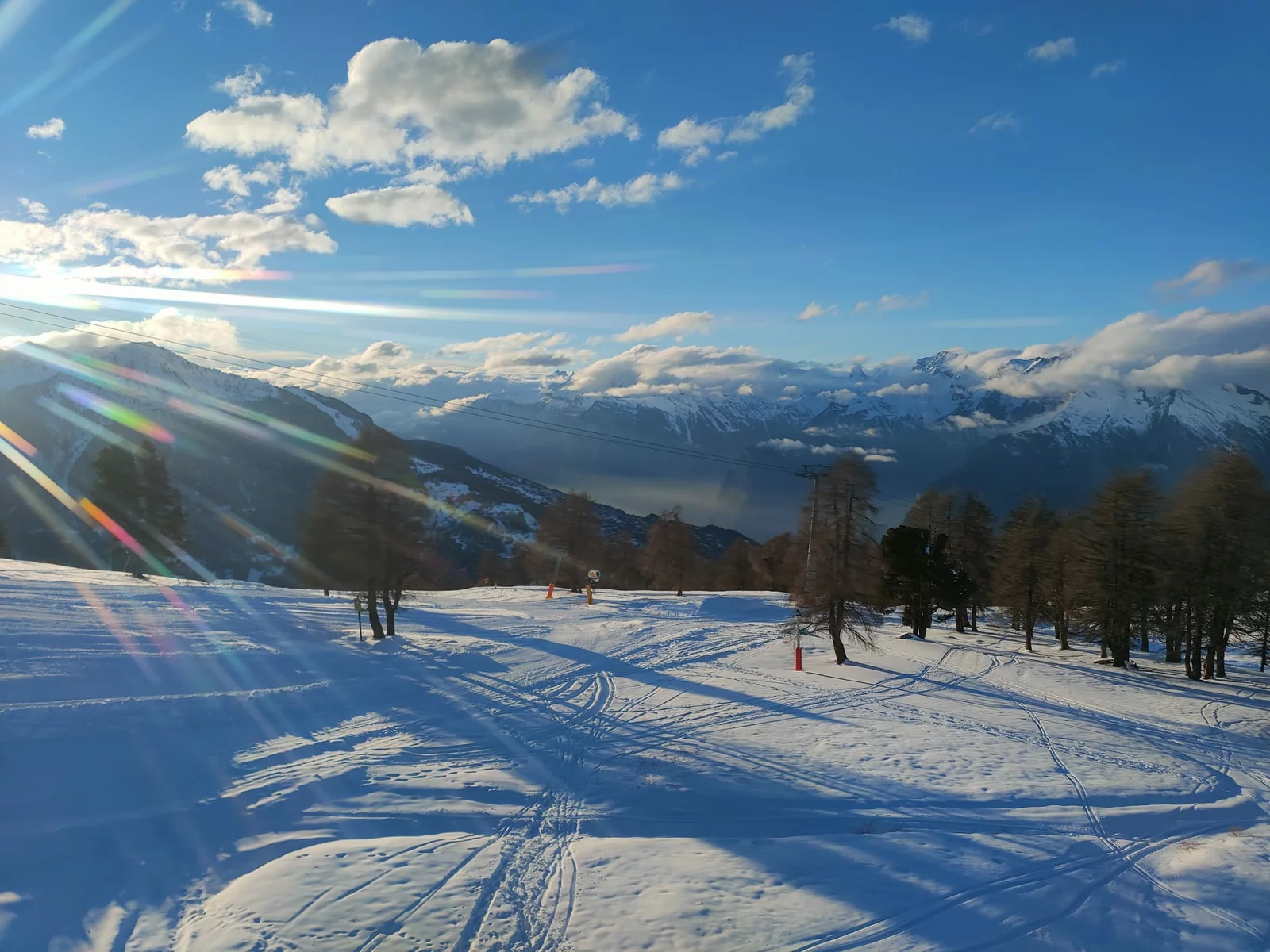
Forecast for the coming years
— Switzerland is a fairly stable country, and the legislation in terms of real estate here is unlikely to change.
However, some factors may slightly adjust the market:
- Interesting objects will appear on the market because of rising interest rates.
- The fall of Credit Suisse, its restructuring, and the dismissal of employees (in March 2023, financial regulators in Switzerland announced the sale of the largest bank, Credit Suisse, to UBS, ed.) will also affect the appearance of commercial objects as well as large residential real estate. The point is this: the bank has a pension fund, and dismissed employees can take out of it their money, and since the bank has a special regulation that does not allow him to exceed a certain percentage of real estate in the investment package, he will need to go into the cache and get rid of a number of objects.
This trend exists and will intensify in the next year or two, so a price adjustment is possible. But again, this will affect only individual objects; I do not expect a massive drop.
Author
I am responsible for editorial work. I write expert interviews and guides.









